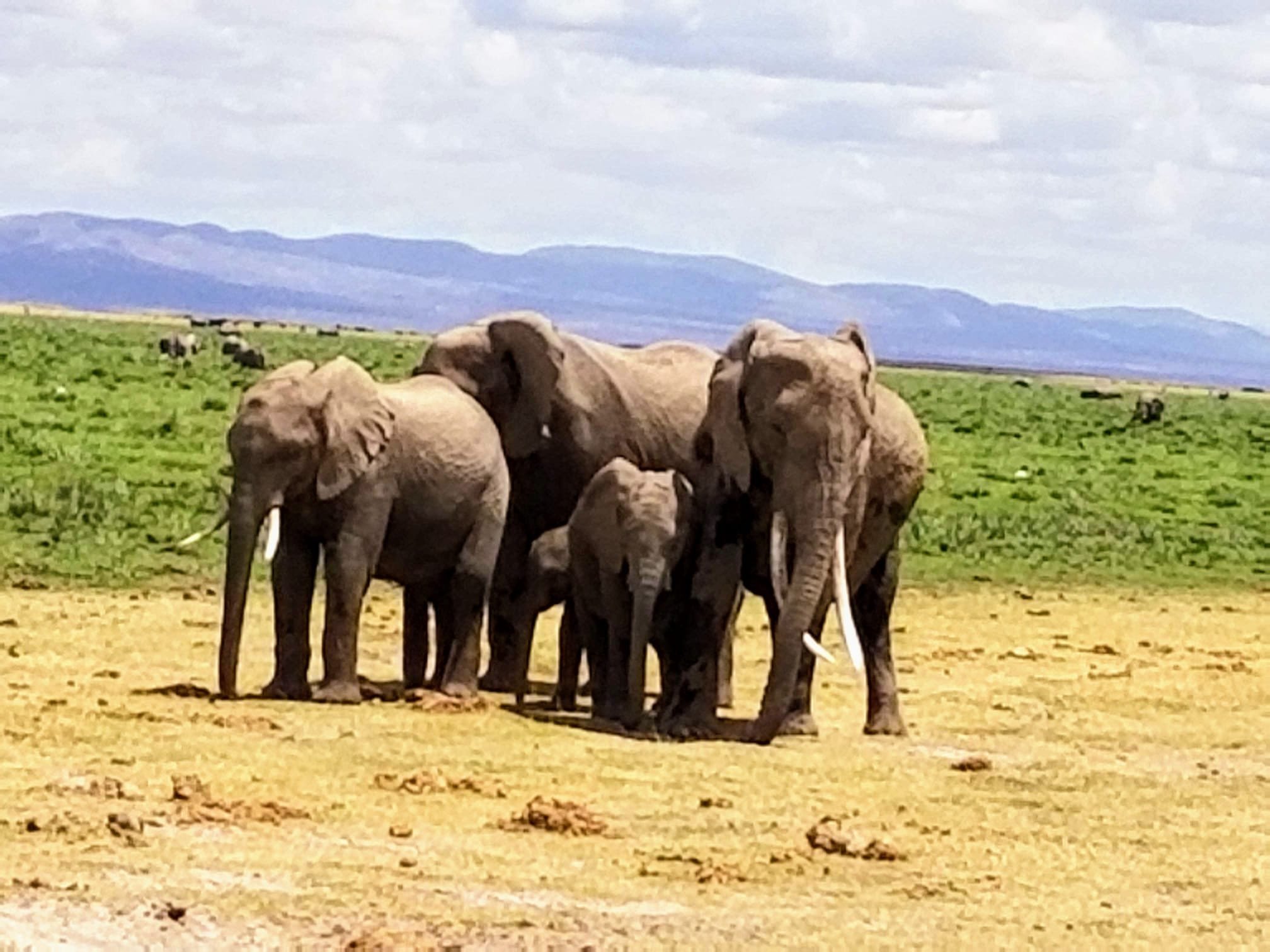Vulnerability and Trust: The Keys to Building Authentic Relationships
Written by Catherine Koverola, PhD
After responding to the last email demanding my attention, and clearing off my desk, I afforded myself the luxury of lapsing into a luxurious daydream–it was the weekend, after all!
I found my thoughts returning to Brené Brown’s now-famous Ted Talk, “The Power of Vulnerability.” It’s a talk that for me never grows old. If you haven’t watched it, I encourage you to check it out. It was that powerful presentation that catapulted Brown onto a very public international scene.
Brown’s message is actually quite simple: it is by risking vulnerability with others that we are our most authentic selves. She draws on a decade of her own research on what she refers to as “whole-hearted people.” These are people who live fulfilled lives and know themselves to be worthy. And paradoxically, it is these whole-hearted people who are willing to risk vulnerability with others–willing to risk rejection and shame. Brown argues that because they believe themselves worthy of love, they risk revealing their true selves to others, and by taking this risk, they experience affirmation.
Vulnerable. Doesn’t the very word connote the possibility of getting hurt? Doesn’t it reveal some weakness or inherent flaw? Who wants to intentionally put themselves at risk of being hurt–how could this possibly lead to good life outcomes? Did Brown perhaps misinterpret the data? The truth is, you can get hurt by revealing your vulnerability, particularly if it’s revealed to someone who isn’t trustworthy. But that’s not what Brown is advocating.
In another blog entry, I wrote about my dog Sisu, who rolls over daily and bares his belly to me; there is no more vulnerable position for a dog to take than this. In his vulnerability, Sisu exhibits complete trust that he will receive his belly rub–with full assurance that I will respond to his display of vulnerability with love and affection (and I always do).
Choosing to be vulnerable requires that we trust the other to whom we reveal our vulnerability. Brown is not advocating that we indiscriminately make ourselves vulnerable to others, thereby placing ourselves in emotional and physical danger. Rather, she acknowledges that by engaging in being vulnerable, we take a risk. Perhaps more importantly, in the process of revealing vulnerability, a depth of connection with others is formed. Brown asserts that those who never risk vulnerability fundamentally miss out on the exquisite beauty of being known authentically by the other.
Risking vulnerability in the context of trust leads to deep connection and affirmation, and a sense of worthiness. As I reflect upon my own life, I think about those with whom I choose to be vulnerable. Conversely, I also think about when others risk vulnerability with me. Have I honored their trust? How can we continue to cultivate environments where we can be vulnerable and impart the sanctity of trust.
Sisu Vantage empowers individuals to navigate workplace challenges by fostering healthy organizational cultures. We advocate for diversity, equity, and inclusion through a trauma-informed framework and a community-driven approach.
Follow us on Instagram for content on self-care, burnout prevention, and leadership development to start your journey towards career satisfaction and emotional healing.


